Despite its unattractive appearance, sea cucumber is one of the luxury specialties that is very popular with the rich because it provides high nutritional content, lots of protein, low fat, low cholesterol,... and has a unique flavor that cannot be confused with any other dish.
Recently, this creature has attracted special attention from the scientific community due to its outstanding potential for cancer treatment.
The new discovery, made by a team of researchers from the University of Mississippi (Ole Miss) in collaboration with Georgetown University (USA), was announced a few days ago.
Inhibits metastatic enzymes without affecting the blood
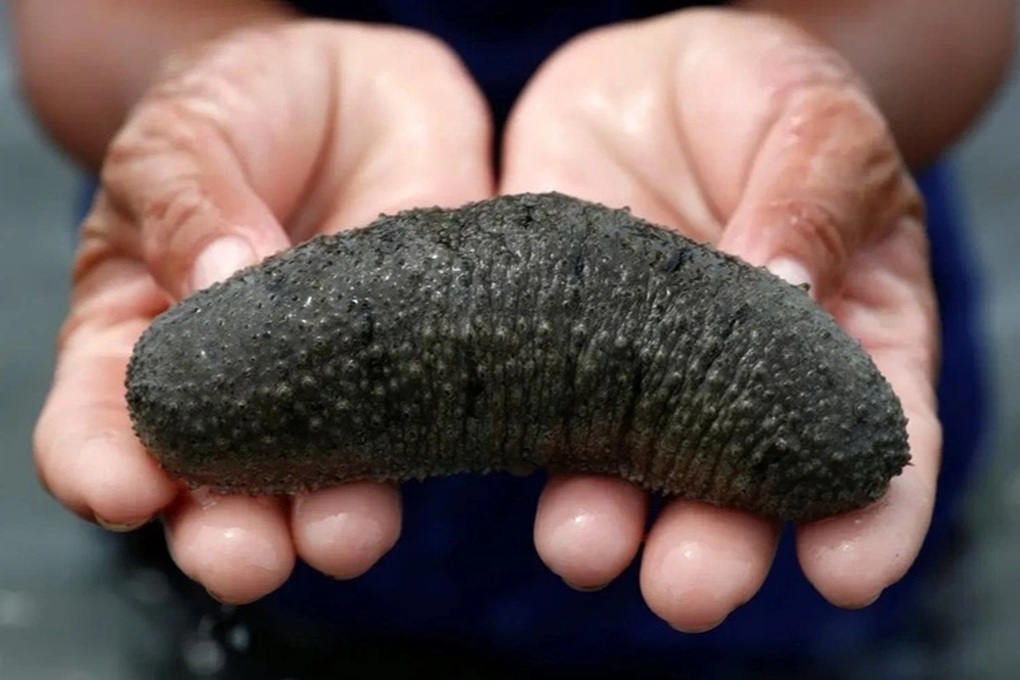
Scientists find sugar that can inhibit cancer in sea cucumber (Photo: Getty).
In the study, scientists isolated a compound belonging to the fucosylated chondroitin sulfate group - a complex sugar obtained from sea cucumbers of the species Holothuria floridana.
This compound has the ability to inhibit the enzyme Sulf-2, an enzyme closely related to the development and metastasis of cancer.
In humans, cell surfaces are covered with a layer of tiny fibrous structures called glycans. This is the “forest of biological information” that helps cells communicate, recognize signals, and regulate immunity.
However, in the cancer environment, the enzyme Sulf-2 acts as a “scissors blade” that deforms the glycan layer, thereby helping cancer cells to easily move, escape the immune system and metastasize to other organs.
“If we think of the glycan layer as a forest, then Sulf-2 is like the pruner. When this enzyme is blocked, we can slow or stop the spread of cancer,” said Associate Professor Vitor Pomin, co-author of the study.
The highlight of the sugar compound extracted from sea cucumber is that it does not affect the blood clotting process. This is a big advantage compared to previous Sulf-2 compounds, which can easily cause serious side effects such as uncontrolled bleeding and blood vessel blockage.
“Many compounds that interfere with Sulf-2 also unintentionally inhibit blood clotting. But this one does not. It is a very remarkable step forward,” said Robert Doerksen, a pharmaceutical chemist at the University of Mississippi.
Seaway structure rarely seen in terrestrial animals
Sea cucumbers are invertebrates that live on the ocean floor and have a strong ability to regenerate.
Scientists say the biological compounds in sea cucumbers have a very special structure, completely different from those obtained from mammals.
“Sea cucumber sugars have a unique molecular structure that is difficult to replicate. Therefore, each bio-sugar molecule from marine organisms is a door that opens up new pharmacological potential,” said Marwa Farrag, lead author of the study.
In fact, many current drugs use carbohydrates from mammals such as pigs, but this poses a risk of transmitting pathogens and viruses from animals to humans. Sea cucumbers are considered a “clean” and less risky source of raw materials, a significant advantage when developing biopharmaceuticals.
Despite its great potential, the research also faces an important problem: Sea cucumbers cannot be harvested en masse to extract compounds.
“We cannot just keep catching thousands of sea cucumbers for their nutrients. That is both environmentally destructive and unsustainable,” the research team asserted.
The solution that scientists are aiming for is to chemically synthesize this compound in the laboratory, in preparation for preclinical testing on animals.
“We are researching the synthesis process of fucosylated chondroitin sulfate from common chemical materials, with the support of AI simulation and pharmaceutical chemistry technology. If successful, this will be a stepping stone to conduct in vivo (on living organisms) testing in the near future,” said Associate Professor Pomin.
Source: https://dantri.com.vn/khoa-hoc/phat-hien-loai-duong-khang-ung-thu-trong-dac-san-bien-20250617181149140.htm








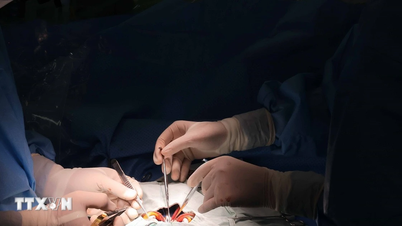

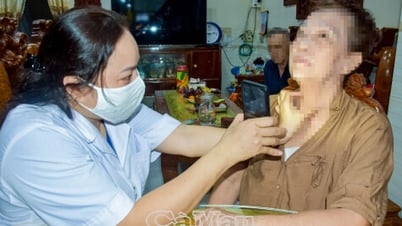

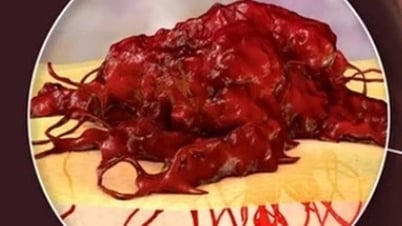


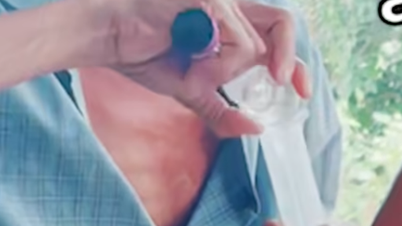





















































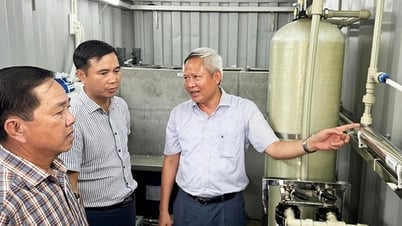









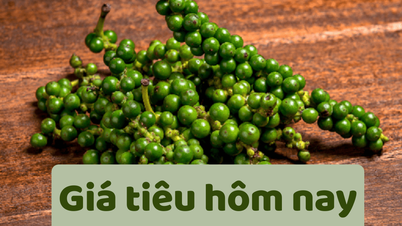






















Comment (0)